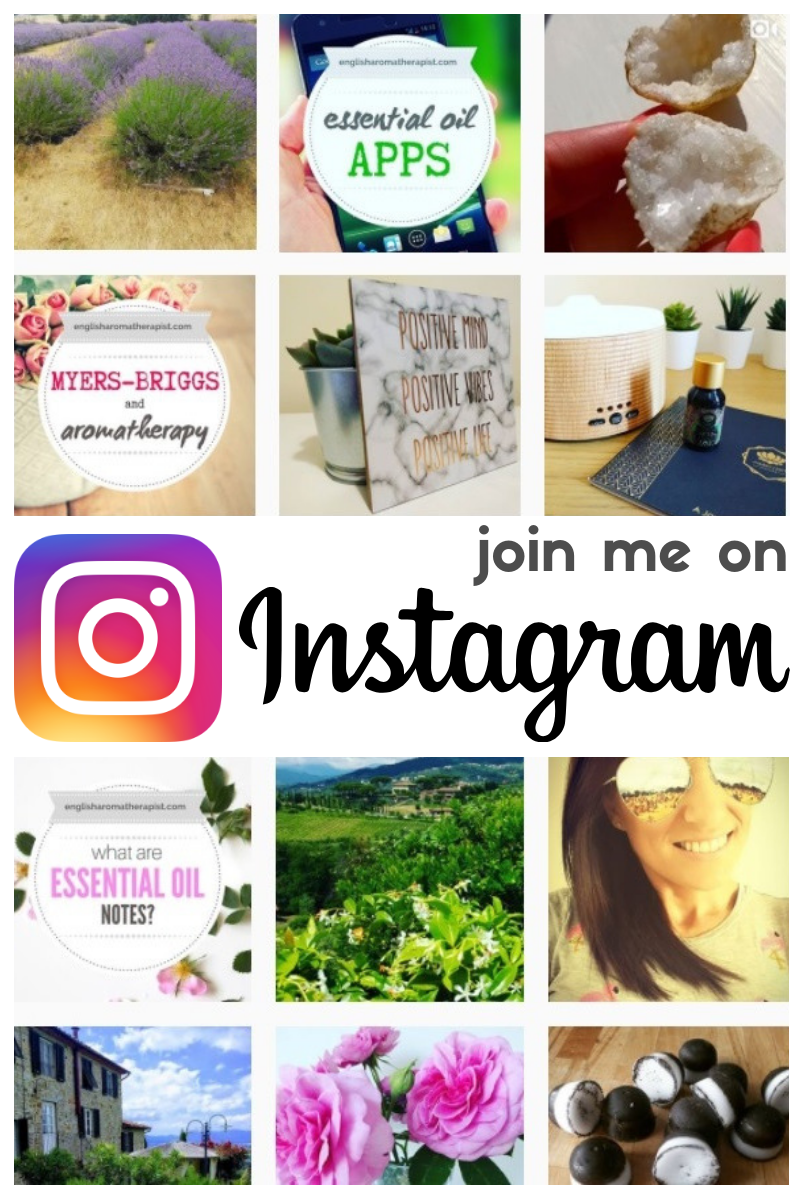Essential Oils and Cleaning
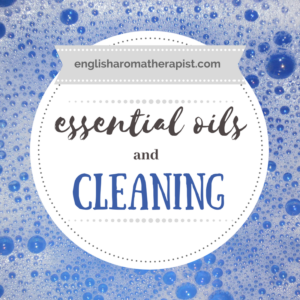
Do you use essential oils to clean your home?
With growing fears about our exposure to carcinogenic and hormone-disrupting chemicals, it’s not surprising that people are looking for more natural alternatives.
A recent study found the market for eco-friendly cleaning products has increased by 15% since 2013, and now makes up one-third of the household cleaners market overall.
Gone are the days of spraying everything in sight with Febreze and Cillit Bang. People are getting back to basics with vinegar and baking soda.
Pinterest is bursting with DIY cleaning recipes – everything from bathroom sprays to homemade baby wipes. And now that essential oils are so readily available, there’s a huge interest in DIY aromatherapy cleaning products.
Why?
What’s behind this craze for homemade aromatherapy cleaning products?
Well, aside from reducing our personal exposure to “toxic chemicals” (more on this later), there’s also a growing concern about their environmental impact. Plus, it can be cheaper to make your own, compared to branded products.
So it’s claimed that making your own natural products actually kills THREE birds with one stone: it’s cheaper, it’s better for the environment, and it’s (apparently) safer than commercial products.
Not to mention the fact that home users are building up impressive stashes of essential oils and wondering what they can do with them all! We’re told we “need” all these oils, but there’s only so much you can diffuse, right?
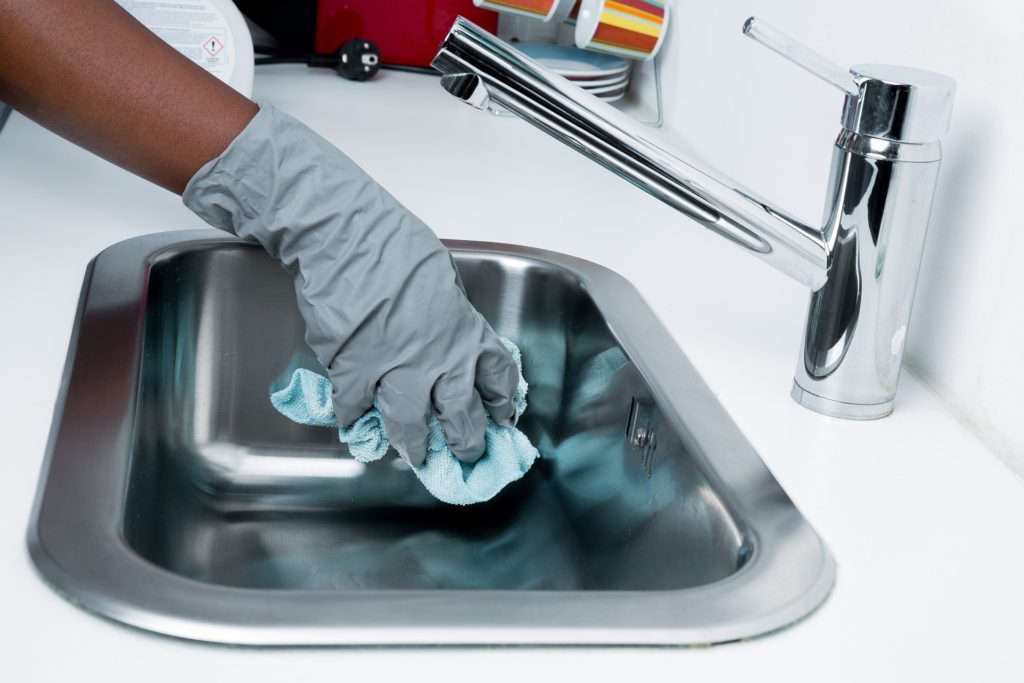
What’s the Problem?
If you want to start using essential oils to clean your home, there are some important things you need to know.
Making your own homemade cleaning products is NOT as simple as mixing a few drops of essential oil into a spray bottle of water.
There’s SO MUCH confusion about this. I spotted an interesting quote on Facebook recently: “Any product you see in a store, you can make yourself at home – and it will be much healthier!” Well…I have to disagree with this. You can’t easily replicate everything in your own kitchen (homemade sunscreen is a great example, and I’ll be writing about this soon).
And just because something is “natural”, it doesn’t automatically make it safer or better than a commercial product (See Appeal to nature)
Can homemade cleaning products be safe and effective? Absolutely – but only if they have been properly formulated. It’s important to be aware of the facts. So let’s discuss the main issues:
Things to Consider
The purpose of this article is not to discourage you from using essential oils as cleaning products. But, with so much confusion surrounding the subject, I thought it would be useful to share some guidelines.
-
Check your sources
Before you follow any advice, check the credentials of its creator. Is this person qualified and experienced in their field? This is super important for homemade cleaning products, because most aromatherapists are not formulation experts. Understanding chemical formulation is really a whole different ball game, and not something that’s covered in most standard aromatherapy courses.
Pinterest is notorious for churning out unsafe recipes and “advice” about how to use essential oils. Much of it is just garbage that has been copy-and-pasted from elsewhere. Remember, a lot of blogging sites are focused on what looks pretty, rather than chemical know-how.
So, if you want formulation advice – make sure you’re listening to the right people. Top tips: follow Ginger L. Moore of Neos Skincare and the Swift Crafty Monkey blog
-
Check it’s effective
Homemade cleaning products can be effective, but only if they’re made correctly. Yes, essential oils have anti-bacterial properties. But this doesn’t mean that adding a few drops to a bottle of water will magically create an anti-bacterial spray.
For more on this, check out this interesting experiment that tested the bacteria-busting potential of essential oils. While the pure oil gets impressive results, when mixed with water it significantly reduces its antibacterial power.
No point wasting your precious essential oils on DIY products that aren’t up to the job. If your essential oil spray contains no preservative, you could be spraying bacteria all around your home (see Water-based Sprays, below)
-
Check it’s safe
There are so many unsafe recipes floating around online – particularly for water-based products (see below). As we’ve said before, just because a recipe contains natural ingredients it doesn’t automatically make it safe.
If you insist on making your own homemade cleaning products, you need to know what you’re doing – scrolling through Pinterest is not sufficient research. And, believe me, just because a post has been shared a few thousand times on Facebook, this does not make it legit.
Homemade products need to be safe – not just for you, but also for the surfaces, materials and fabrics on which you want to use them.
-
Check it’s necessary
There are lots of ways you can use essential oils – it doesn’t mean you should. To me, spraying essential oils straight down the toilet seems pretty wasteful of natural resources.
Think about alternative options – you don’t have to use essential oils for everything. Overexposure is not wise. If you want to freshen the air, think about whether opening a window would be friendlier to your wallet and the environment.
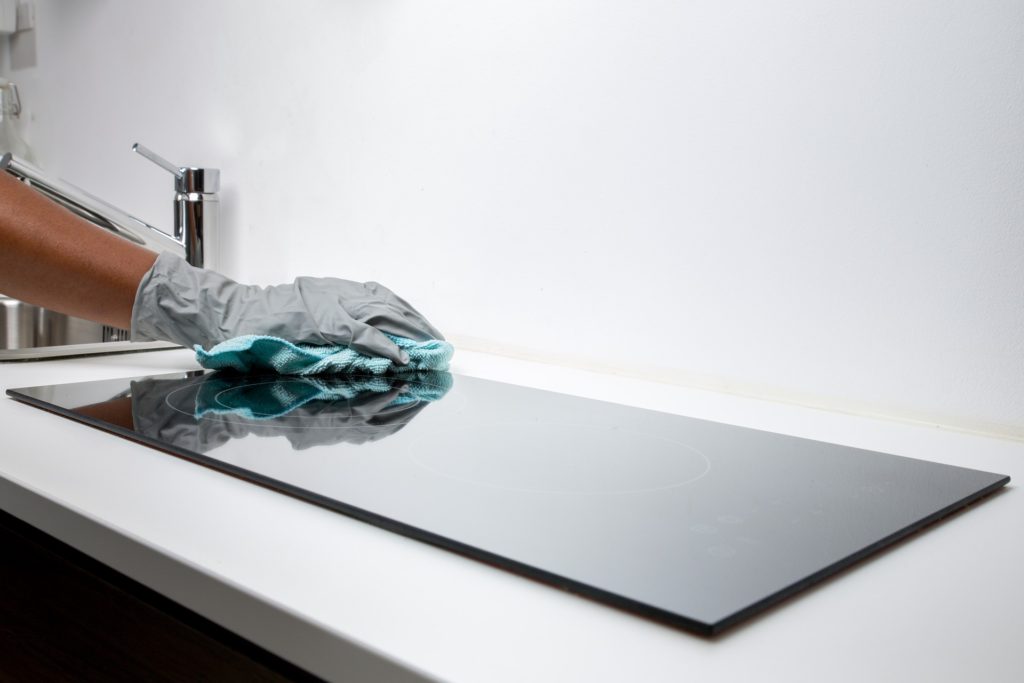
Water-based Sprays
Let’s tackle one of the biggest issues with homemade cleaning products: water-based sprays.
Put simply, any product that contains water has the potential to grow mould. Most of these pretty Pinterest recipes have absolutely no mention of preservatives, or the fact that you’ll need to use them up within a week or two.
- Whatever you do, don’t just mix essential oils with water and leave the bottle sitting in your bathroom for weeks and weeks. Remember, microbes are not always visible to the naked eye! So just because it looks fine, and smells okay….it doesn’t mean it’s safe to spray on your skin or around your home. Microbial growth is not something to be taken lightly – it can make you seriously ill.
- Shaking a water-based spray is not sufficient to combine the essential oils and water. Shaking temporarily disperses the essential oil, but what it actually needs is a solubilizing agent (such as alcohol).
- Adding a few drops of anti-bacterial essential oils to your water-based spray will not prevent mould growth.
- Unless you’re mixing a small batch to use up quickly, water-based products will require a preservative. You’ll need to research what is appropriate for your needs – there is some really useful information and links in this article from the Tisserand Institute.
The Chemicals Debate
While we’re on the subject, I just wanted to add a quick word about “chemicals”. So often we see blog posts about using natural products in order to avoid chemicals – those nasty, evil things that are harmful to our health and the environment.
It’s important to remember that not all chemicals are bad. Water is a chemical formula of hydrogen and oxygen. Essential oils are made from dozens of chemical constituents, some of which are extremely potent. Lots of things are toxic – but the dose makes the poison.
Check out this great article that addresses the growing problem of fearmongering “chemophobia” in relation to natural products. I know a lot of people are scared of using preservatives or anything that doesn’t seem 100% natural. But there’s a lot of rose-tinted naivety about the safety of homemade aromatherapy products. If you want them to be safe – and effective – you need to do your research.
And, sometimes, it’s about knowing when it’s wiser to buy a product, rather than make your own (yes, I will be writing about homemade sunscreen soon!). Personally, I don’t use essential oils to clean my home. I spoke about this recently in my Q&A video on YouTube. I’m happy to support other brands that have more knowledge and expertise than me. There are plenty of great, eco-friendly natural products out there.
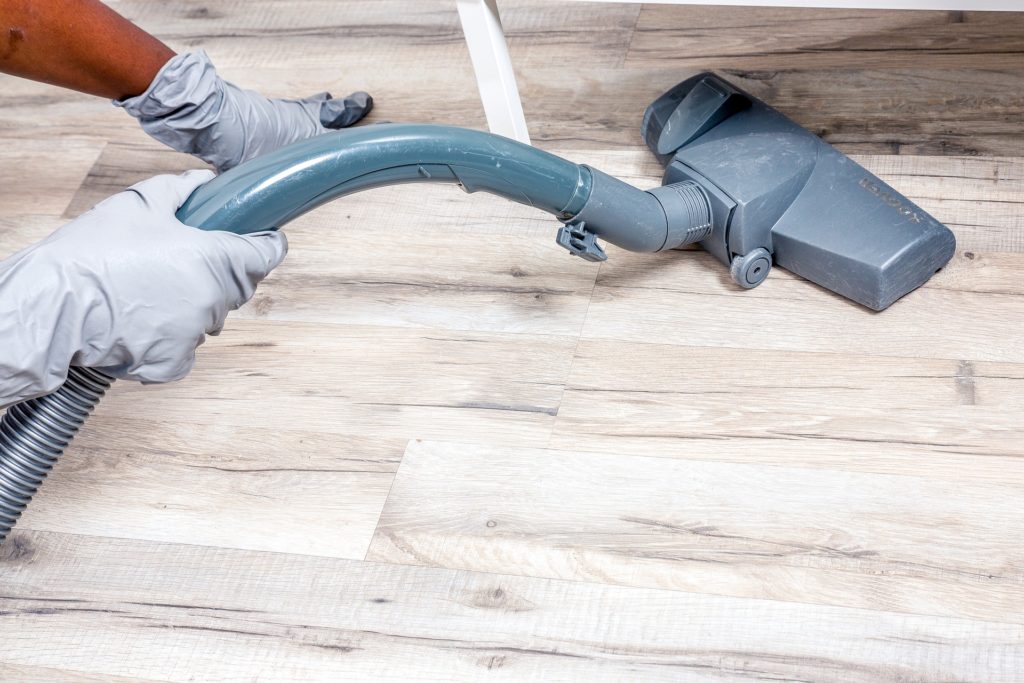
Top Tips
- If you’re confused about preservatives, stick to oil-based recipes like balms, salves and roller blends. They won’t last forever, but they have a longer shelf-life and won’t spoil quickly like water-based products.
- If you want to use essential oils to clean your home, citrus oils are a great choice – they’re relatively safe, affordable and smell naturally fresh.
- Alcohol can be used as a preservative in aromatherapy products. This is a fantastic article by Ginger L. Moore, which explains how home users can safely formulate water-based sprays with alcohol. It also includes lots of useful links about preservatives and formulation in general.
Further Reading:
- http://www.winknews.com/2018/05/21/natural-cleaners-essential-oils-put-to-the-test-against-bleach-vinegar/
- https://crunchybetty.com/diy-101-working-with-water/
- https://formulabotanica.com/5-reasons-why-your-natural-formulations-need-preserving/
- https://www.soapqueen.com/bath-and-body-tutorials/lotion/talk-it-out-tuesday-preservatives/
- http://www.eocsa.org/topical/meet-me-in-the-tub/
- https://swiftcraftymonkey.blog/preservatives/
- http://tisserandinstitute.org/effective-use-alcohol-aromatic-blending
- http://www.stopthestomachflu.com/do-essential-oils-like-thieves-really-kill-germs
- http://neosskincare.com/can-we-please-stop-villainizing-chemicals/
What to Read Next: Environmental Impact of Oils
Follow me on...
Share this on...
